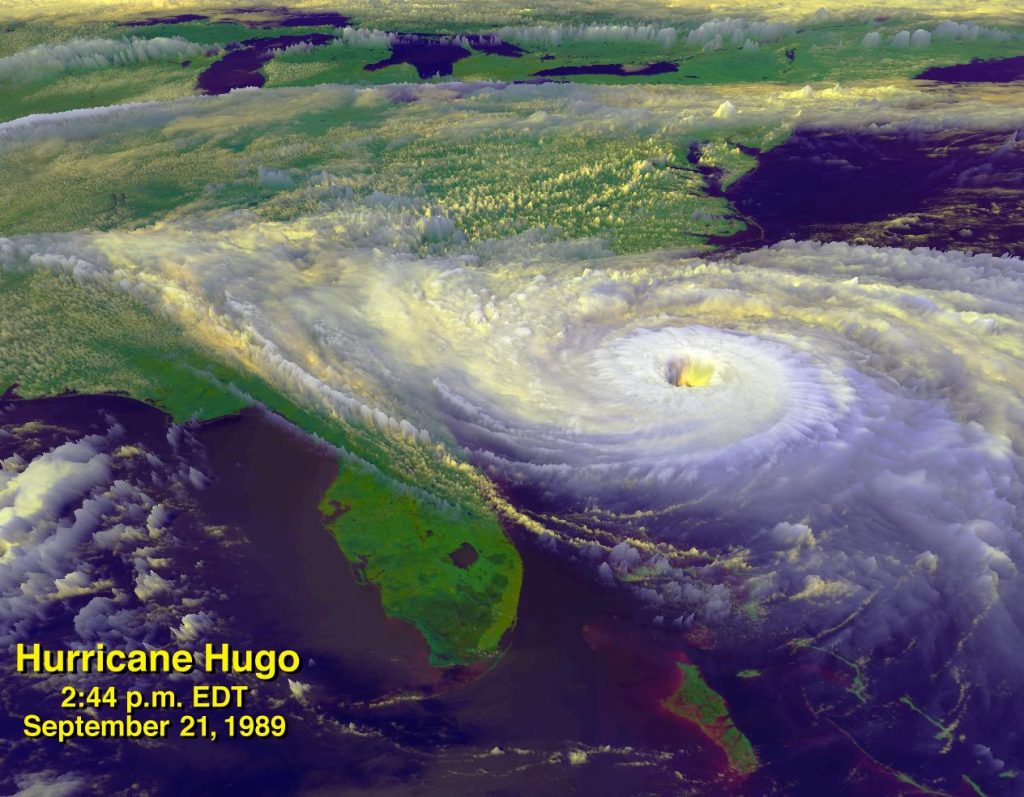Alligators, “Living Among Modern Day Dinosaurs”

Alligators are a common sight throughout DeBordieu Colony. Many of us enjoy viewing and photographing the from a safe distance. Now that the warm weather has arrived, alligators are more active and visible. They have resumed feeding after the cold winter months and can be seen sunning on the banks of any of our ponds.
Alligators are an important part of our ecosystem. Young alligators provide food for birds and other mammals; larger alligators help control snake populations and other fish and wildlife. Gator holes also provide habitat for many species of animals as well. Their presence is an indicator of the health of many of our ponds and is part of the natural habitat that many DeBordieu members love and respect.
While it may be entertaining to some to feed alligators, it is a death sentence for the alligators. (“A fed alligator is a dead alligator.”) When an alligator is fed it loses its inherent fear of people. SCDNR issues a limited number of “nuisance” tags to the DCCA for the removal of alligators. Alligators cannot be relocated so removing them requires them to be destroyed. Normally, SCDNR will only issue tags for alligators over 6 feet, which display signs of aggression.
Tips You Need to Know about Alligator Safety
Alligators are common in DeBordieu Colony and can be found in any of the ponds.
Nevertheless, here are some suggestions from the Savannah River Ecology Laboratory to avoid encounters:
Do not feed alligators
Also, do not feed ducks, turtles, or other animals inhabiting the water with alligators as the food source attracts the reptiles and trains them to associate humans with food. Do not clean fish in the water or leave scraps or bait on the ground as that can also be a food source.
If you see an alligator, maintain a distance of 60 feet
Alligators can move very fast and have massive strength.
Never disturb a nest or small alligators
Some female alligators will become aggressive if they are provoked. Just because you don’t see the mother does not mean she is not there.
Keep pets and children away from alligators
Large alligators do not recognize the difference between pets and wild food sources. Keep your pets on a leash around bodies of water that could have alligators and do not let your children swim, play or wade in the water, even at the edge. To an alligator, a splash means a potential food source is in the water.
Don’t swim or wade in ponds or the marsh
Again, splashing means a potential food source for alligators. Also, avoid fishing in waters with alligators as some will grab a hooked fish or eat a fish on a stringer. Avoid heavy vegetation in or near the water’s edge.
If you encounter an alligator, don’t corner it
This can make the alligator act defensively. Stay calm and move away quickly but with as little extra motion as possible.
If you see an aggressive alligator, please call DCCA Safety & Security at 843-546-8520.




